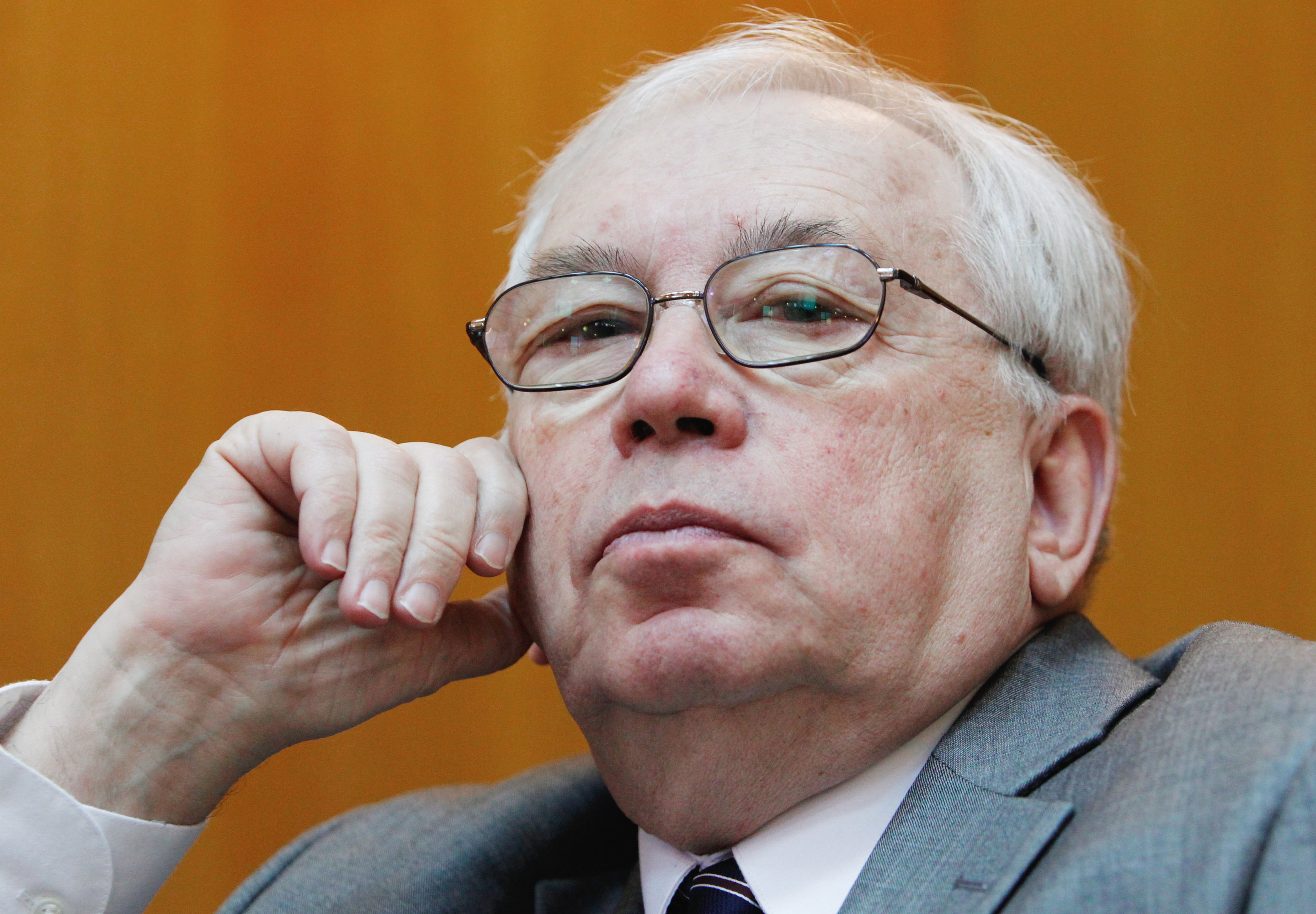MOSCOW, October 2 - RAPSI. Russian Commissioner for Human Rights Vladimir Lukin has stated that he will not challenge the prohibition on distribution of the film, "Innocence of Muslims."
According to a press release on the ombudsman's website, information disseminated by media that Lukin plans to appeal the Tverskoy District Court's ruling to prohibit the anti-Islamic film is untrue.
"During the proceedings, we paid attention to the vital issue of the lack of an adversarial nature in the materials," he said. "However, this has nothing to do with our opinion about the film's content," Lukin said in the statement.
The film has provoked mass protests and bloodshed around the world.
The Tverskoy District Court declared the film extremist on Monday. The ruling will come into force in 10 days unless it is contested.
Last Friday, a similar ruling was handed down by the Leninsky District Court in Grozny.
The Chechnyan Press Ministry added that the court has also ordered a preliminary injunction pending the judgment by blocking the film's distribution on the Internet and via other forms of media.
Mobile communication operators have also promised to abide by the ruling.
The Justice Ministry will include the film in the list of extremist materials after the court's decision comes into force, Prosecutor General's Office spokesperson Marina Gridneva told reporters.
Mass protests have broken out over the film in Egypt, Libya, Tunisia, and Sudan, as well as in other predominantly Muslim countries.
U.S. Ambassador to Libya Christopher Stevens was killed along with three colleagues when rioters attacked the U.S. Consulate in Benghazi on September 11. The riots had apparently been inspired by the film.
The films 14-minute U.S.-made trailer portrays Islam and the Prophet Muhammad in a negative light.
The United States is strengthening the security of its diplomatic staff in countries where they could be subject to attack, while a number of nations have blocked access to the film.
Meanwhile, Google has only honored requests to remove clips of the film from its video-hosting services in certain countries based on government requests.



